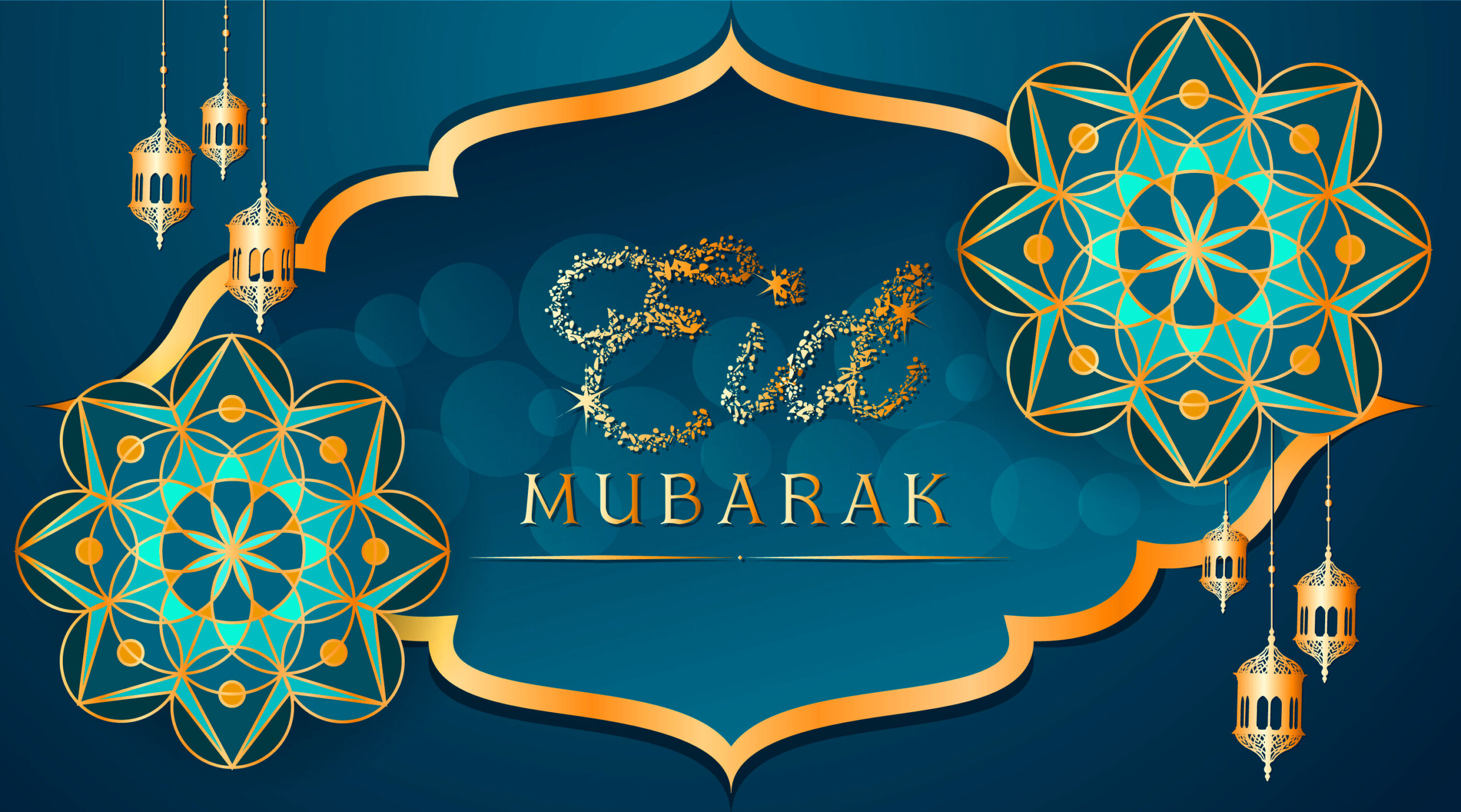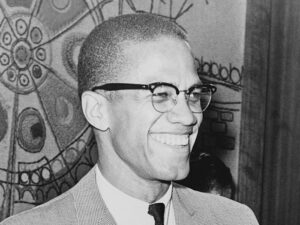Eid ul Fitr: A Sacred Celebration of Spiritual Triumph
Eid ul Fitr, the “Festival of Breaking the Fast,” marks the culmination of Ramadan fasting, prayer, and self-reflection. For African-American Muslims, this joyous religious occasion carries profound cultural and spiritual resonance, intertwining Islamic tradition with our unique, pioneering, and resilient journey of faith in America.
At its core, Eid symbolizes:
Triumph Over Struggle
The discipline of Ramadan mirrors our community’s historical resilience. Just as we abstain from food and drink to strengthen our connection with Allah, our ancestors endured hardships to preserve their dignity and faith. Eid celebrates this shared legacy of perseverance.
Collective Gratitude
The obligatory Zakat al-Fitr (charity before Eid) reminds us to uplift those in need. In the spirit of Ummah, many African-American masaajid channel this duty into supporting local food banks, helping the homeless, and contributing to community initiatives that serve and support those in need, which aligns with MANA’s mission.
Cultural Reclamation
From vibrant African fabrics woven into Eid outfits to communal meals featuring African-American culinary traditions, we honor our roots while embracing Islamic identity. As the Quran states: “O mankind, indeed We have created you from male and female and made you peoples and tribes that you may know one another.” (49:13) We must know, love, and respect ourselves as an essential component to getting to know others and them getting to know us authentically.
Eid as a Catalyst for Unity
For African-American Muslims, Eid transcends individual worship—it’s a call to collective action. Historically, our community has turned to faith to combat systemic inequity. Eid ul Fitr renews this commitment through:
Interfaith Solidarity
Some masaajid host open Eid gatherings, inviting neighbors of all faiths to share in our joy. These events dismantle stereotypes and build bridges, echoing Malcolm X’s vision of unity through understanding.
Healing Through Tradition
The communal Eid prayer (Salat al-Eid)—conducted in parks, community centers, and even repurposed historic sites—serves as a powerful act of reclaiming public spaces for spiritual enrichment and celebrating cultural diversity.
Moving Forward: From Celebration to Sustained Action
As we savor the sweetness of Eid’s festivities—the laughter of children, the aroma of shared meals, the warmth of communal prayers—let this joy ignite a renewed commitment to transformative action. Guided by the Quranic command “And hold firmly to the rope of Allah all together and do not become divided” (3:103), we must channel Eid’s spiritual energy into unified advocacy against Islamophobia and anti-Blackness, systems that seek to fracture our communities. This means actively supporting Black-owned Muslim businesses, volunteering at community centers or schools, empowering the marginalized, and educating the community about our faith through dawah efforts. Equally vital is the work of nurturing spiritual kinship: reaching out to estranged loved ones, honoring elders whose wisdom anchors our legacy, and rebuilding bonds strained by life’s trials.
This Eid ul Fitr 1446/2025, let our prayers transcend personal blessings and become a collective vow to embody the Quranic ideal, “You are the best nation produced for mankind, enjoining what is right and forbidding what is wrong” (3:110).
May we rise with the courage to transform gratitude into justice, celebration into service, and unity into an unbreakable force for generational uplift.
Eid Mubarak to all—may your hearts and homes radiate with the light of faith, purpose, and the unshakable strength of community.
Akanke is a native of Atlanta who now resides in Dayton, Ohio. She has also lived in Bahrain, Saudi Arabia, and Grenada, West Indies. She discovered Islam in 1994, and her faith, spirituality, and personal development have been the driving force in her life ever since. A graduate of Georgia State University with a degree in Communication, Akanke focused on film, TV, and cultural anthropology during her studies. Her career is diverse, and her interests span various media platforms. From producing TV and radio shows to creating documentaries, coaching individuals towards empowerment, creating and exhibiting unique abstract paintings, providing public speaking guidance, delivering leadership training, and lending her voiceover talent to various projects, she strives sincerely to make a lasting and authentic impact wherever she goes. Akanke has been a dedicated supporter of MANA since 2007, currently serving as the organization’s Board Vice President. In this role, she plays a key part in shaping the organization’s vision and strategy. Additionally, she serves as the part-time Communications Director, where she excels in crafting compelling communication tools, including newsletters, articles, graphic designs, and social media campaigns. Through her work with MANA, Akanke continues to make a positive difference, using her talents and passion to uplift and inspire others.





